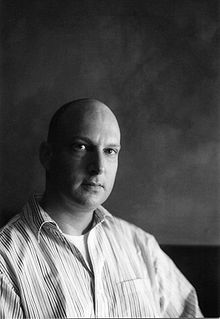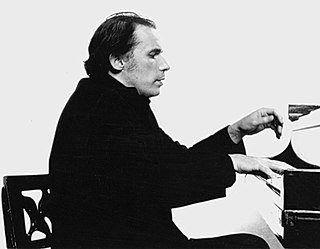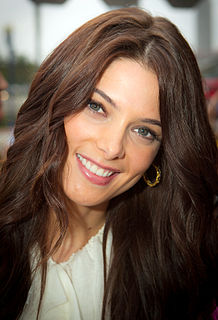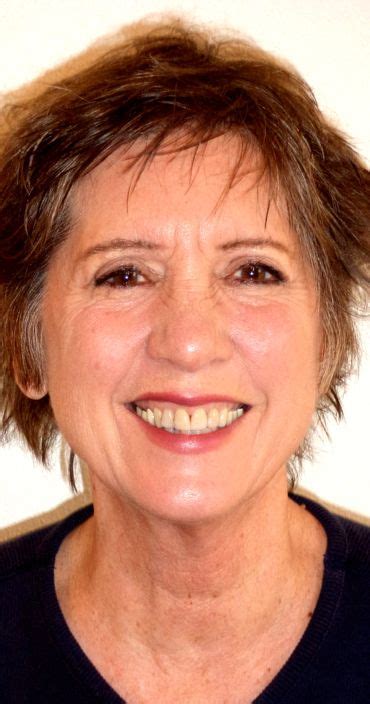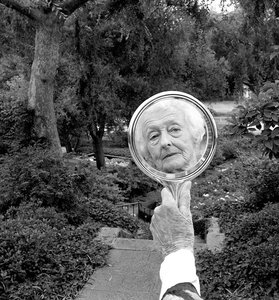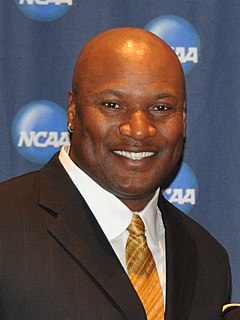A Quote by Derek Jeter
You have to assume that everything you do is public knowledge. Everything. Because now everyone is a reporter. Everyone is a photographer.
Quote Topics
Related Quotes
Imagine that the world is made out of love. Now imagine that it isn’t. Imagine a story where everything goes wrong, where everyone has their back against the wall, where everyone is in pain and acting selfishly because if they don’t, they’ll die. Imagine a story, not of good against evil, but of need against need against need, where everyone is at cross-purposes and everyone is to blame.
You need to keep everyone wanting more. Every character has so much depth, and there was so much thought that went into it, but it would've taken away at some point from the main story, and everything I think kind of was woven together really beautifully, so that you cared about everyone, and everyone had their own story, but everything helped the main plotline.
At the heart of capitalism is the unification of knowledge and power. As Friedrich Hayek, the leader of the Austrian school of economics, put it, "To assume all the knowledge to be given to a single mind... is to disregard everything that is important and significant in the real world." Because knowledge is dispersed, power must be as well.
You have to be intelligent. You have to know what other guys are doing because you're in the back end and you see everything, so you have to alert others what to be ready for, and that makes it easier on everyone. It's just like playing offense, but now you're the quarterback of the defense, and you need to be vocal and take on that leadership responsibility. If you do, everything else becomes easier.
After all the years of [spiritual] work, ... I've realized this: that everything and everyone is precious beyond words. Everything and everyone is holy. And the point of our being on this sweet planet is to be of service to all of it. And when we understand this truth in our bones, joy fills our hearts.
The great moral question of the twenty-first century is this: if all knowledge, all culture, all art, all useful information can be costlessly given to everyone at the same price that it is given to anyone; if everyone can have everything, anywhere, all the time, why is it ever moral to exclude anyone?

